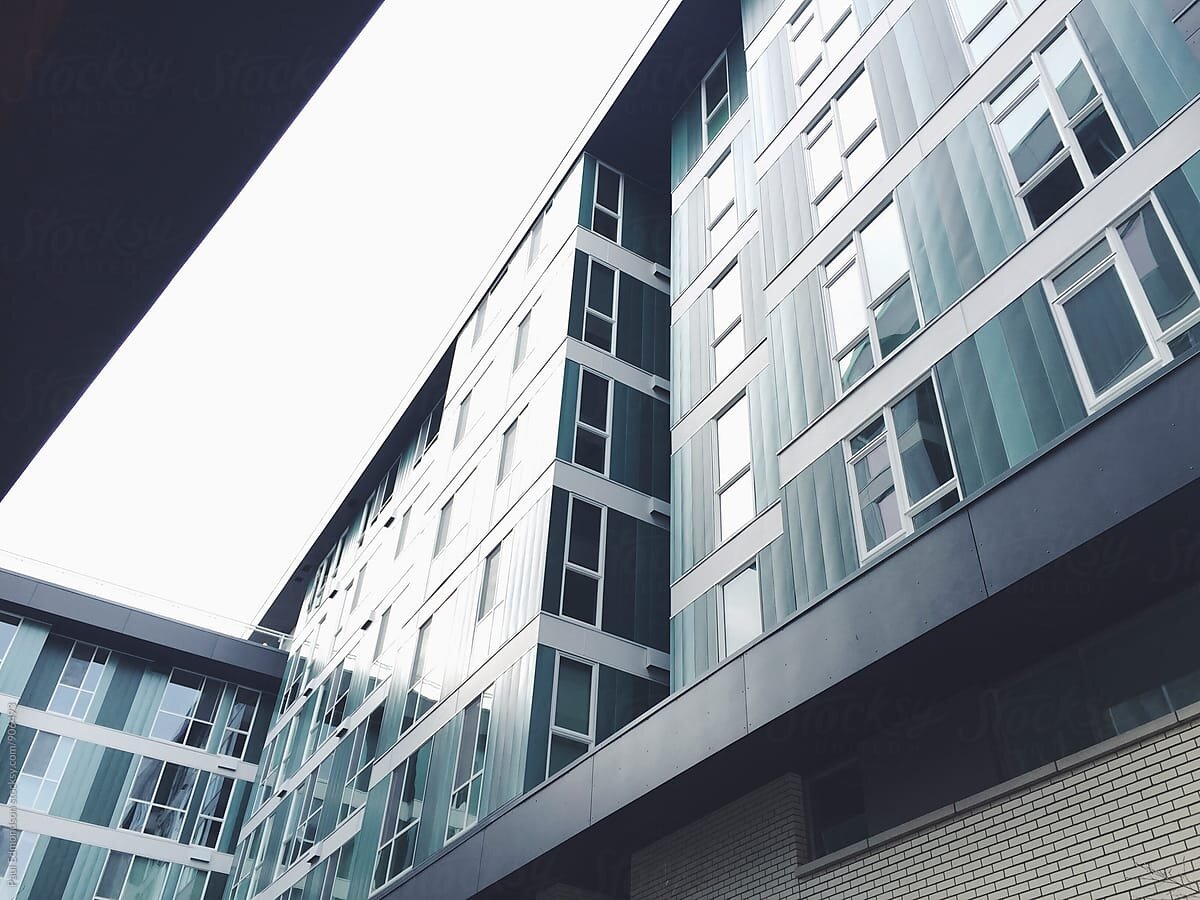
12 Frequently Asked Questions
1. What is a construction defect?
Almost any condition that reduces the value of a home, condominium, or common area can be legally recognized as a defect in design, workmanship, or materials. Or a defect related to land movement and earth settlement problems. In California, for any home or condo completed or that has closed escrow after January 1, 2003, SB 800 (Civil Code Section 895 et seq.) clarified the types of defects that the builders are responsible for fixing.
2. What does the builder's warranty cover?
Every warranty is different in what's covered and what's not, how long it lasts, and what the builder will do to fix problems. Most will not address 90% of typical construction defects. Many builder's warranties require you to arbitrate and give up your right to sue in court. Read the fine print.
3. How do I prove that a defect exists?
You'll need to hire an independent expert with the training, education, experience, and credentials to present the damages in an HOA claim.
4. What damages can I recover in a lawsuit, and can I recover attorney's fees?
In California HOAs can be awarded the cost of repairing defects and:
Reasonable fees to pay experts to investigate each defect
Costs in supervising defect repairs by the builder
Temporary repairs before and during the claim to prevent further damage
Prior HOA common area repair costs
Relocation and storage expenses if owners are required to vacate their homes for repairs
5. What should I do if the developer has agreed to make the necessary repairs?
The same expert used to assess the construction defect should then oversee actual repairs. Once repairs are agreed upon, the attorney can draft a formal settlement agreement.
6. How long do I have to file a claim?
All construction defect cases in California are covered by statutes of limitation. The rule is found in SB 800 (Civil Code Section 895 et seq.). It provides for one-, two-, four-, five-, and ten-year statutes of limitations.
7. How much will a lawsuit cost me?
HOAs may hire attorneys that limit their practice to construction defect pre-litigation, litigation, and arbitration claims. These firms have the experience and resources to work on a contingency basis, advance legal fees, and cover expert investigation costs. They are not paid until a case is concluded. The total cost of pursuing a claim will depend on many factors, including the nature and amount of damages, the number of parties, and their expectations. One of the more significant costs is expert consultants, and will depend upon the nature and extent of defects and the project's size.
8. Where do I get the money to pay for a claim?
in the process. Most Associations elect to hire a law firm on a contingency fee basis. If the HOA does not hire an attorney under a contingency arrangement, alternate litigation funding sources include:
Association reserves
Loans
Special assessments
9. What happens if a builder or developer is out of business, can't be located, or went bankrupt?
It's critical to assess a developer's ability to pay damages fully. In many states, the most vital asset is the developer's insurance. Even if the developer cannot be located or has gone bankrupt, the insurance companies must defend and pay claims covered by their policies. Evaluation of general contractors, subcontractors, architects, and engineer insurance is also crucial.
10. Will my HOA's insurance company cover damages caused by construction defects?
Not usually. The language in most owner and HOA insurance policies excludes coverage for faulty design, workmanship, or materials. Disaster coverage for flood, earthquake, and hurricane must be evaluated separately.
11. Am I required to make repairs while the lawsuit is pending, and can I recover those costs?
Yes and yes. You're required to take all reasonable steps to protect your property from sustaining additional damage, and the costs are recoverable.
12. Can I sell or refinance my home during the claim process?
Yes. The HOA board of directors has a fiduciary duty to investigate homeowner complaints of common area construction defects and timely pursue a claim against the developer to recover damages to fix the problems. During this time, a homeowner must disclose to a potential buyer common area defects, SB 800, arbitration, or litigation.
